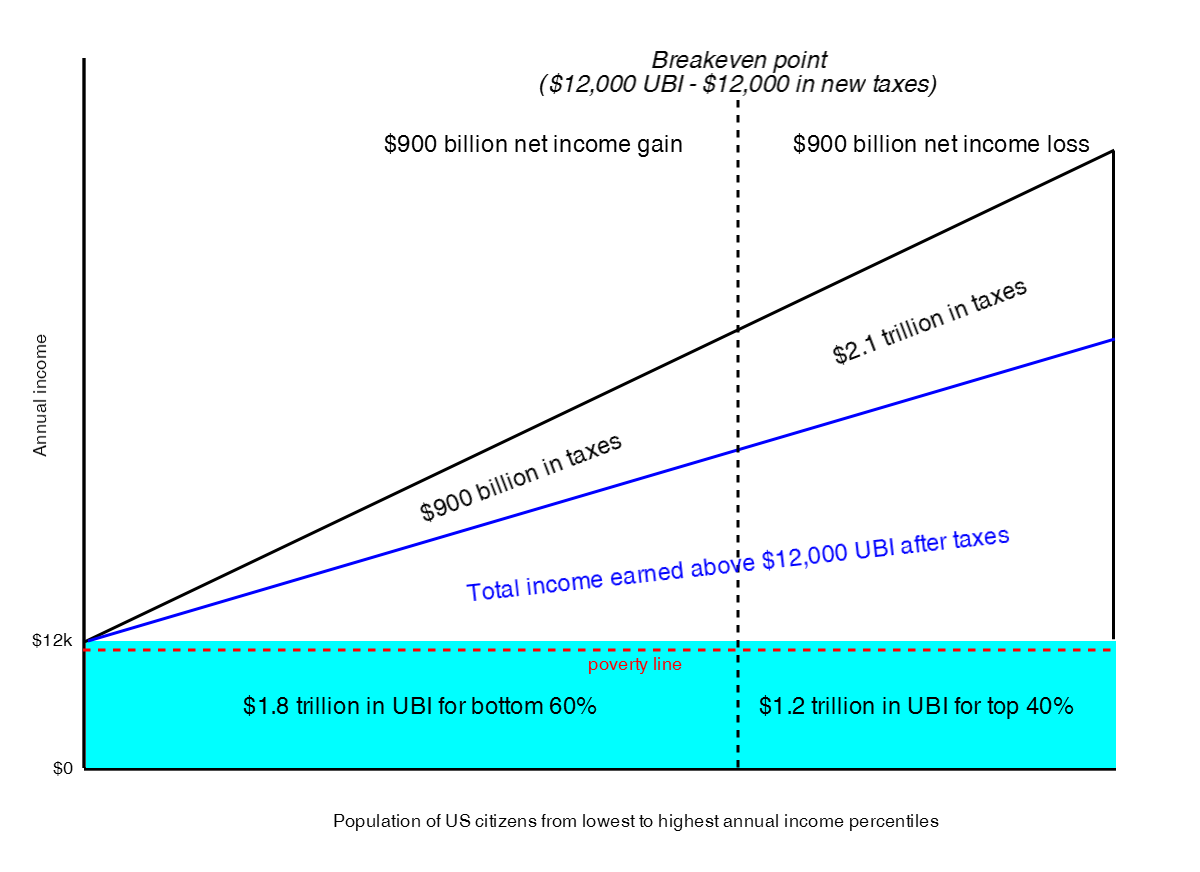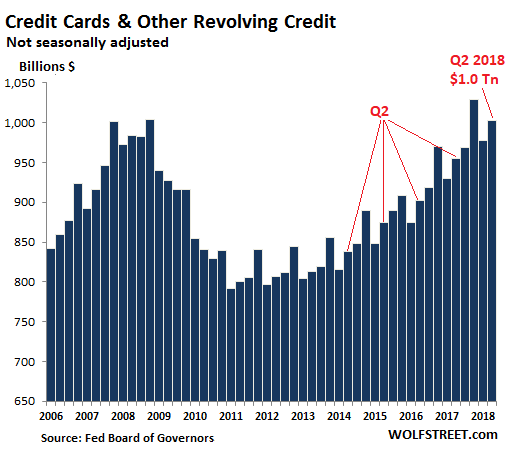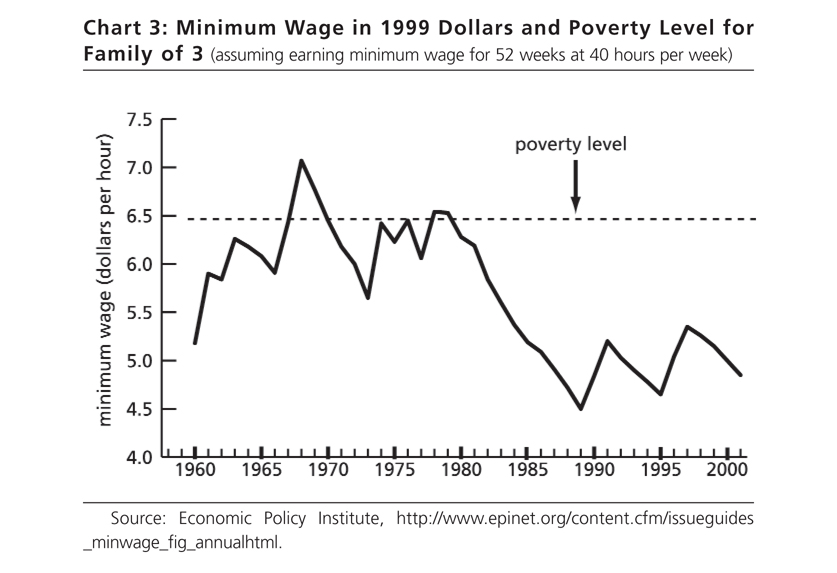- Jun 18, 2009
- 34,331
- 18,625
- 1,915
Its more than just that, and the ponzi scheme you're promoting is just such a closed system. It relies upon government, on this case, the Fed Reserve, to print money out of thin air. Good for them, bad for the world.Wrong.He is saying, 'Just print the money' and then distibute it to the people. They will then return it at interest.What you are essentially cut and pasting is called trickle down economics. There are many that claim it does not work.When the government uses its sovereign right to issue currency directly into the productive economy (instead of bonds and other debt instruments), it stands to increase tax revenues enough to cover its direct spending.
How to Fund a Universal Basic Income Without Increasing Taxes or Inflation
"This is due to the “velocity of money” – the number of times a dollar is traded in a year, from farmer to grocer to landlord, etc.
"In a good economy, the velocity of the M1 money stock (coins, dollar bills, demand deposits and checkable deposits) is about seven; and each recipient will pay taxes on this same dollar as it changes hands.
"According to the Heritage Foundation, total tax revenue as a percentage of GDP is now 26 percent. Thus one dollar of new GDP results in about 26 cents of increased tax revenue.
"Assuming each of the seven trades is for taxable GDP, $1.00 changing hands seven times can increase tax revenue by $7.00 x 26 percent = $1.82.
"In theory, then, the government could get more back in taxes than it paid out."
You have still not posted where you plan on getting this initial ubi. What happens when the economy crashes? How long do you need to fund this ubi before it can be self sustaining, if ever? What do we do about our existing debt and future debt until ubi pays for itself? How do we convince inflation to not outpace ubi? How do we convince people to actually find and hold a job instead of becoming dependent on ubi just as some have done with welfare?
You seemed to have missed the last line in your whole little post "in theory". Theory is great but seldom proves itself practical in real life. "In theory" the government could give each citizen a million dollars or a billion dollars but in reality it would not work.
This is basically the fallacy of perpetual energy.
Connect a generator to a battery source and use the battery source as an engine to power the generator.
I'll be he doesn't understand why it doesn't work.Actually, the people will consume goods and service with their UBI stipend which will increase GDP, right?He is saying, 'Just print the money' and then distibute it to the people. They will then return it at interest.
You do realize that there is always a loss in an enclosed system?Actually, the people will consume goods and service with their UBI stipend which will increase GDP, right?
Closed Economies and Why They Don't Really ExistWrong.
You do realize that there is always a loss in an enclosed system?
"What Is a Closed Economy?
A closed economy is one that has no trade activity with outside economies.
"A closed economy is self-sufficient, which means no imports come into the country and no exports leave the country.
"The purpose of a closed economy is to provide domestic consumers with everything they need from within the country's borders."

What is a closed economy? Definition and meaning - Market Business News
Here is a crash course on the Fed.






